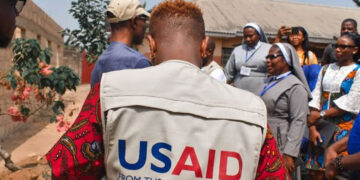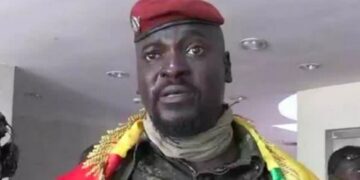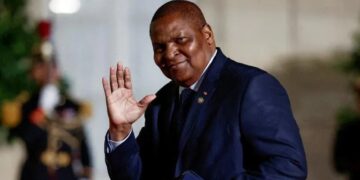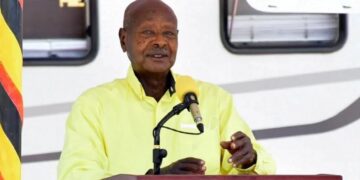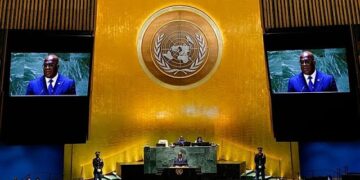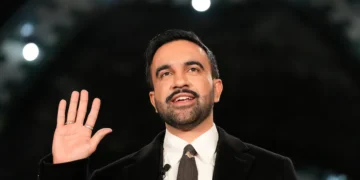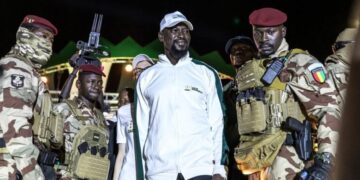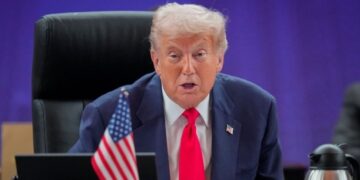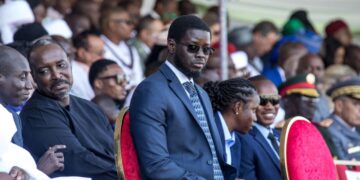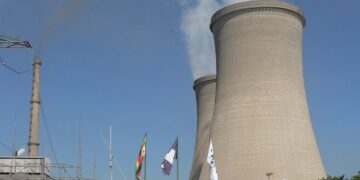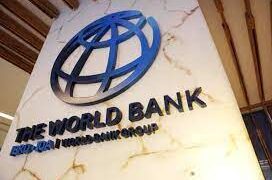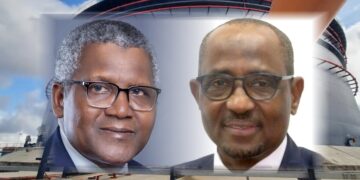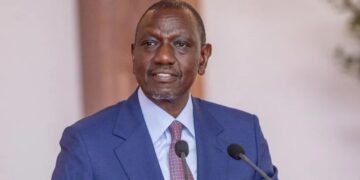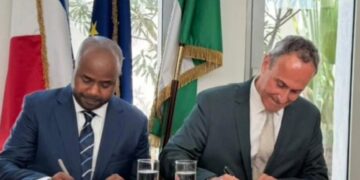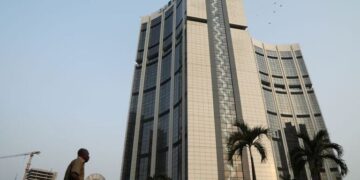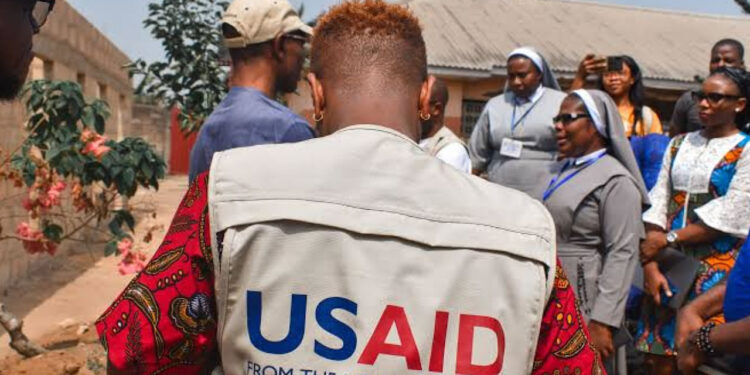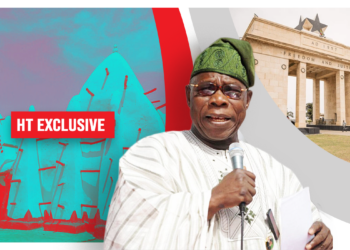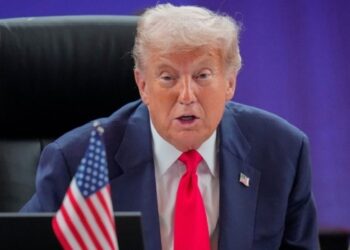By Ebi Kesiena
Nigeria has become the third-largest African beneficiary of development aid from the United States Agency for International Development, USAID, securing a total of $876 million in 2024.
The revelation was contained in the Africa Sustainable Development Report 2025, jointly released by the African Union Commission, the United Nations Economic Commission for Africa, the African Development Bank, and the United Nations Development Programme.
According to the report, the Democratic Republic of Congo topped the list with $1.3 billion, followed by Ethiopia with $1.25 billion. Nigeria came third, ahead of South Sudan.
Despite the substantial amount, the report showed that USAID’s contribution represented only 0.21 per cent of Nigeria’s Gross Domestic Product, the second-lowest ratio among the top ten recipients. In contrast, South Sudan, which received less in absolute terms, recorded the highest aid-to-GDP ratio at 6.05 per cent.
Collectively, the ten largest recipients on the continent received $8.1 billion in USAID funding in 2024, with the DRC and Ethiopia accounting for a significant portion.
The report further pointed out the unequal spread of financial needs across African regions. It stated: “At the subregional level, East and West Africa exhibit the largest financing needs and gaps, driven by the presence of some of the continent’s most populous countries, including Nigeria, Ethiopia, and the Democratic Republic of Congo. North and Southern Africa report smaller SDG financing gaps, reflecting their relatively higher levels of development and broader fiscal space.”
It also stressed that while foreign assistance remains vital, African nations must step up efforts to mobilise domestic resources and strengthen fiscal management to close the substantial funding gaps impeding progress towards the Sustainable Development Goals.
Meanwhile, Nigeria’s access to a $602.95 million USAID grant for 2025 became uncertain after President Donald Trump imposed a 90-day suspension on all USAID programmes.
The freeze followed an executive order signed by Trump in January 2025, mandating a comprehensive review of US foreign aid to assess its effectiveness, eliminate waste, and ensure alignment with American national interests.
The suspension has placed funding for critical sectors including health, governance, economic development, and security in jeopardy.
